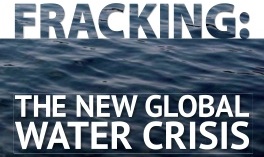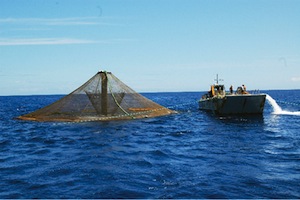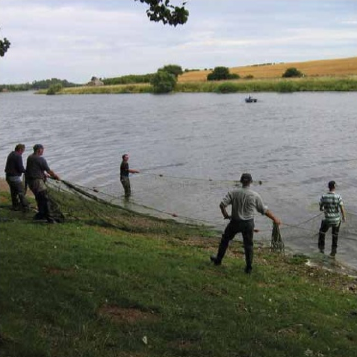DOWNLOAD PDF VIEW ON SCRIBD
In 1977, Congress passed a set of amendments to the 1972 Federal Water Pollution Control Act. Together, the original act and the amendments came to be known as the Clean Water Act (CWA). The CWA set a strong and simple standard that polluting is illegal, and that the national goal is zero discharge of pollution into our public waterways. Failing achievement of zero discharge, the CWA set limits on discharges.
Some of those limits were straightforward. If a pipe lets out on a waterway, the CWA limits what can come from that pipe. It also ensures a cleaner future environment by requiring new permits that continue to ratchet down discharges using the “Best Available Technology.” That sort of direct pollution is referred to as point source pollution, as the pollution comes from a single source, and is regulated under the CWA. However, many non-point sources of pollution exist under less stringent CWA controls. For example, many row crops are largely unregulated under the CWA.




 Offshore aquaculture is factory fish farming of the sea, growing fish in huge, often over-crowded cages out in ocean waters. It can be problematic for both the environment and the economy. The waste – fecal matter, uneaten food, and any chemicals or drugs used in the operation – flows directly into the ocean, and the result could be long-term damage to the seafloor. Despite its negative impacts, the following groups push for, or would profit from, factory fish farming in the United States and Europe.
Offshore aquaculture is factory fish farming of the sea, growing fish in huge, often over-crowded cages out in ocean waters. It can be problematic for both the environment and the economy. The waste – fecal matter, uneaten food, and any chemicals or drugs used in the operation – flows directly into the ocean, and the result could be long-term damage to the seafloor. Despite its negative impacts, the following groups push for, or would profit from, factory fish farming in the United States and Europe.